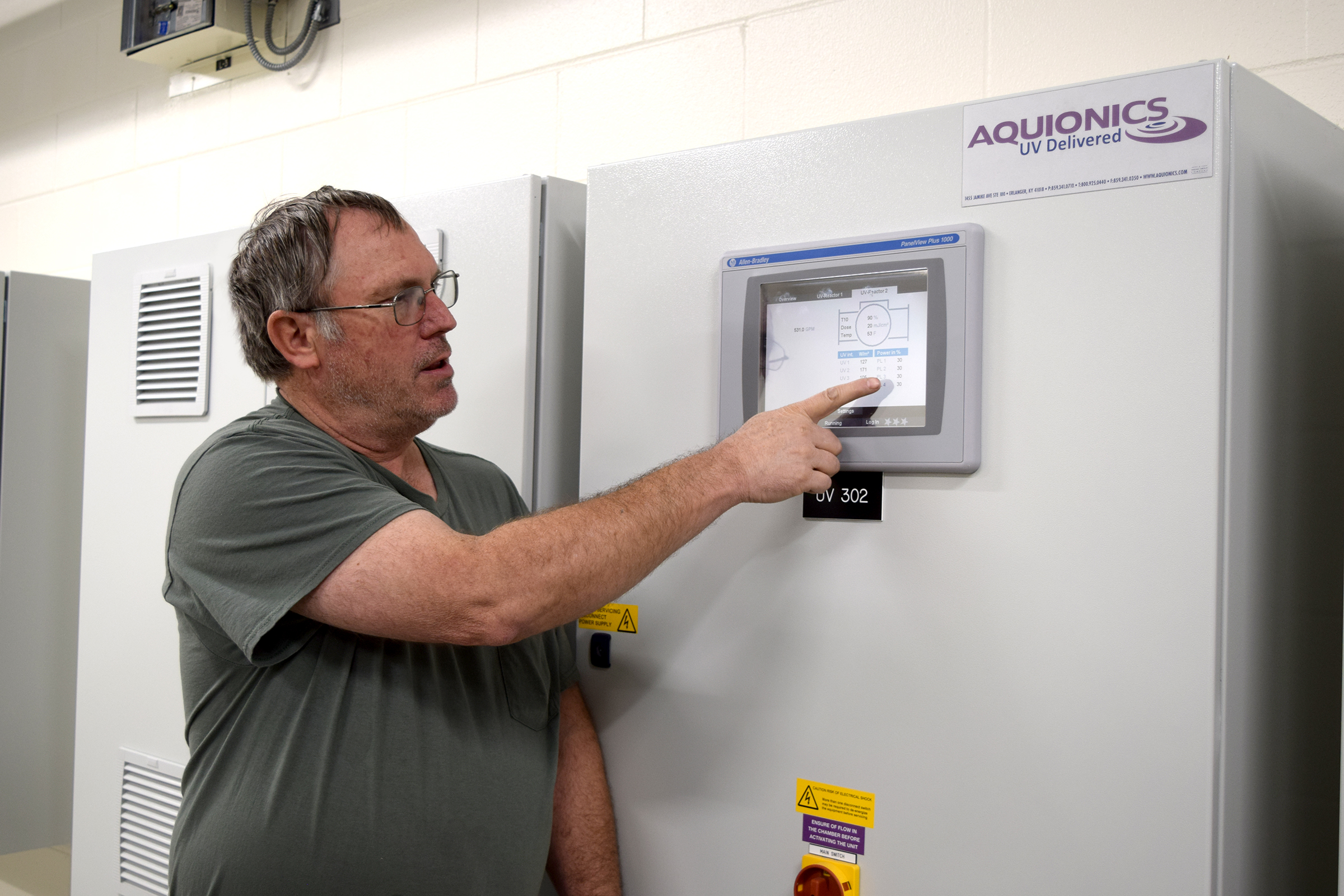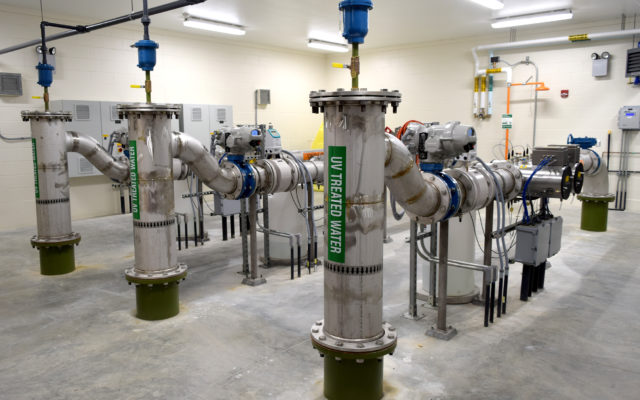
PRESQUE ISLE, Maine — Starting in fall 2018, Northern Maine Community College will offer a new program for students interested in pursuing careers in the field of water treatment technology.
The college’s water treatment technology program, the only such program in Maine, will fulfill a great workforce need both in Aroostook County and the state, according to instructor John Belyea.
“There are a lot of drinking water and wastewater operators who are retiring and the state is looking for younger people to fill these positions,” Belyea said. “There hasn’t been a college-level water treatment technology program in the state since the mid-80s, so we’re hoping to close that gap.”
Students will be able to choose between two degree options: a two-semester certificate in drinking water treatment or wastewater treatment, or a two-year associate degree in applied science, which combines coursework on both drinking water and wastewater treatment.
The certificate programs are tailored toward students who want to finish their degree in less time and enter the workforce more quickly, while the associate degree allows people to take more courses both in water treatment technology and necessary electives in applied mathematics, applied sciences, English composition, physics, social sciences, technical communications, blueprint reading and humanities.
“Both of the certificate programs allow individuals to take the Maine state licensing test for both drinking water and wastewater treatment in just nine months and go right to work,” Belyea said. “If people have more time, the two-year degree might be a good option for them.”
Regardless of which path students choose, the water treatment technology program will have three parts designed to give students real-life experiences in the field. Lower-level courses will take place in classrooms, where students will learn the parts of the water treatment process and how to use computer technology such as Microsoft Office for their future work.
NMCC is currently designing a new laboratory that will include a model water treatment system and wastewater system with tanks set up to test water at various levels.
“The students will use the same equipment that they’ll use in a real treatment plant,” Belyea said. “We can take apart a smaller motor that looks just like an actual motor from a facility and they’ll see the inside of motors and valves and put them back together.”
The third component of the program will involve on-site visits to the 12 water treatment plants throughout Aroostook County. Staff will walk students through the plants, where they’ll watch and work with equipment and witness firsthand the environment in which they’ll soon be working.
Belyea noted that there are vast career opportunities for both traditional and non-traditional students in water treatment technology. Aside from treatment plants, graduates often find jobs at state regulatory departments such as the Department of Health and Human Services Water Division and the Department of Environmental Protection, laboratories, chemical companies and companies that support the wastewater industry.
According to statistics from the United States Department of Labor, the national average hourly wage for water and wastewater treatment plant and system operators is $23.04 per hour while the average annual wage is $47,930. In Maine, those same workers earn around $46,180 to $50,650 per year.
“The water and wastewater treatment field in growing in Maine and across the country. NMCC was approached by the Department of Environmental Protection about developing a program to address the immediate training needs in this industry,” NMCC President Tim Crowley said. “Part of our mission is to provide an education that puts people to work and we believe that a new water treatment technology program will do just that.”
NMCC is currently accepting applications for the upcoming fall semester of the water treatment technology program. For more information, contact Belyea at (207) 768-2775 or njbelyea@nmcc.edu or visit http://www.nmcc.edu/academics/programs/academic-programs/.
- The Presque Isle Water Treatment Plant is one of a dozen water treatment plants that students in NMCC’s new water treatment technology program will visit as part of their focus on real-life training and education. (Courtesy of NMCC)







